Travel: 130–160 mm
Wheel Size Options: 27.5”, 29’’
Available Offset: 37 mm (27.5”), 44 mm (27.5”, 29”)
Stanchion Diameter: 35 mm
Stated Weight: 2,320 g / 5.14 lbs (Psylo Gold RC, 160 mm travel, 44 mm offset)
MSRP: $539 USD
Travel: 150–180 mm
Wheel Size Options: 27.5”, 29’’
Available Offset: 44 mm (27.5”, 29”)
Stanchion Diameter: 38 mm
Stated Weight: 2,501 g / 5.51 lbs (Domain Gold RC, 180 mm travel, 44 mm offset)
MSRP: $579 USD
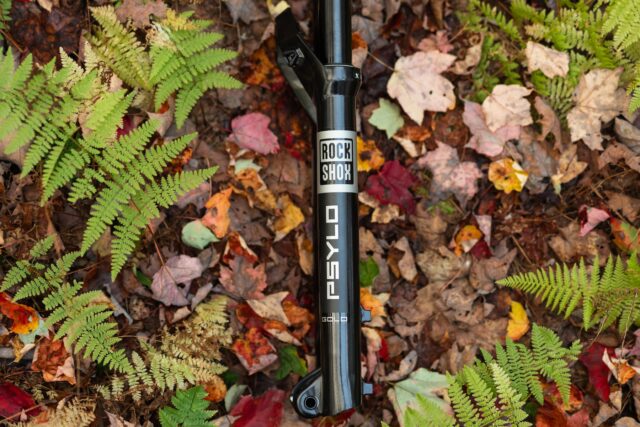
Intro
RockShox has refreshed its more affordable fork offerings, bringing back the RockShox Psylo name as a more Trail-focused and updating the Domain for Enduro and E-Bike use. While both forks see updates throughout, the main feature of note is RockShox’s new Isolator RC damper, which draws a lot of inspiration from the Charger 3 on RockShox’s top-end Signature Series forks to bring improved performance in a slightly simpler package.
We’ll dive into the details of the Isolator RC damper and its partner Psylo and Domain forks below, and hopefully we will also be able to get some on-trail impressions before long, too.
Isolator RC Damper
Before digging into the forks themselves, we’ll start with the big update that they both share — the new Isolator RC damper. Its higher-end sibling, the RockShox Charger 3, manages to be both simple and quite effective in its adjustments, and we’ve been very impressed with the performance across the board — you can read more about it in our ZEB Ultimate review from last year. The Isolator RC unsurprisingly takes a lot of cues from the Charger 3, opting for a similar shim-based valve architecture with a spring-backed Internal Floating Piston (IFP).
Where the Charger 3 offers a bit more adjustment, the Isolator RC provides 3 compression settings (Open, Pedal, and Firm) as well as a rebound adjustment. The Isolator RC also uses the inside of the stanchion as the damper body, rather than using a full, standalone cartridge like the Charger 3. That helps save some cost from the Isolator RC, at the expense of a bit of extra weight (due to the increased oil volume).
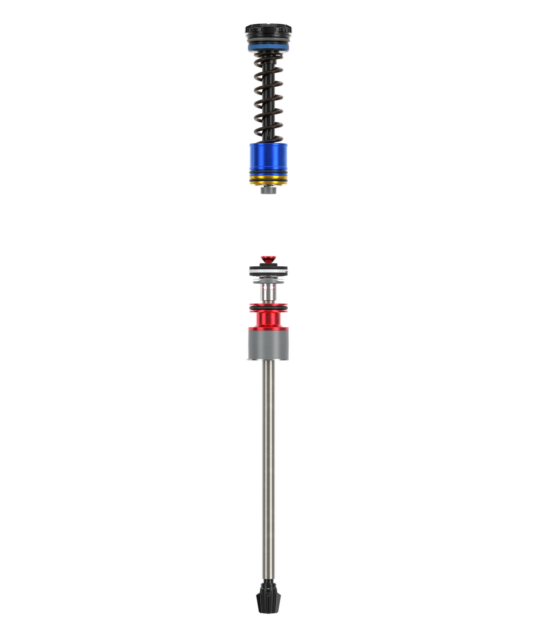
RockShox Psylo
Long time riders might remember the Psylo as RockShox’s heavy-hitting fork from way back in the day, when on-the-fly travel adjustments were all the rage and 125 mm was considered long-travel. The updated Psylo still covers a broad range of use cases, with travel options from 130–160 mm and options for both 27.5” and 29” wheels, but centers squarely on providing an affordable option for Trail and Enduro riders.
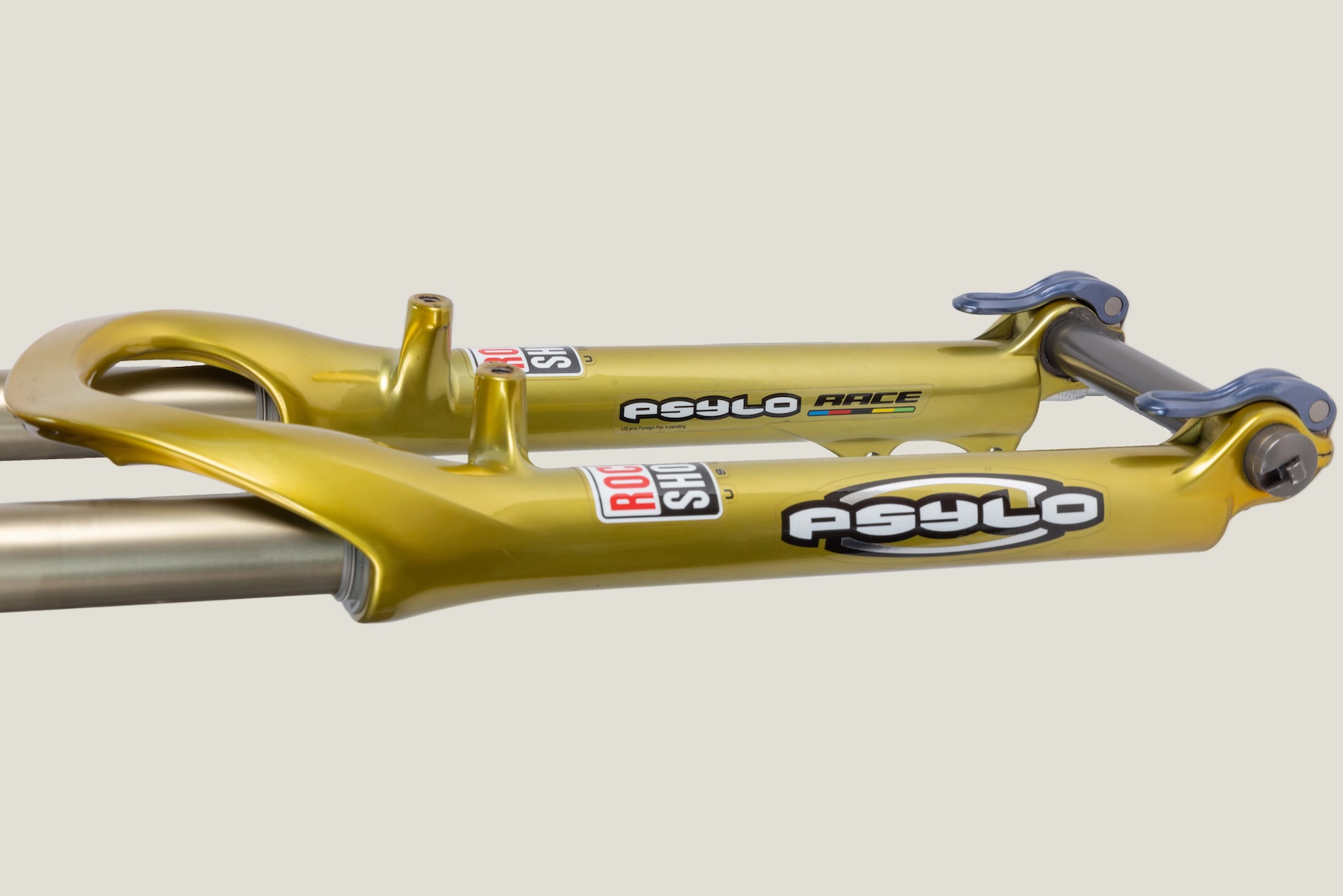
The Psylo line starts with the more basic Psylo R (adjustable rebound only) and Psylo RC (adjustable rebound and compression), both of which use the longstanding Motion Control damper, and are available on complete bikes only. The Psylo Gold RC will be the sole aftermarket offering at a very compelling price of $539 USD. Parting with your hard-earned cash for a Psylo Gold RC gets you 35 mm aluminum stanchions, the new 3-position Isolator RC damper, and an updated DebonAir air spring that draws inspiration from the DebonAir+ spring on the Signature Series forks. All forks now come with Maxima Plush fluid as well, which claims higher performance and lower service intervals.
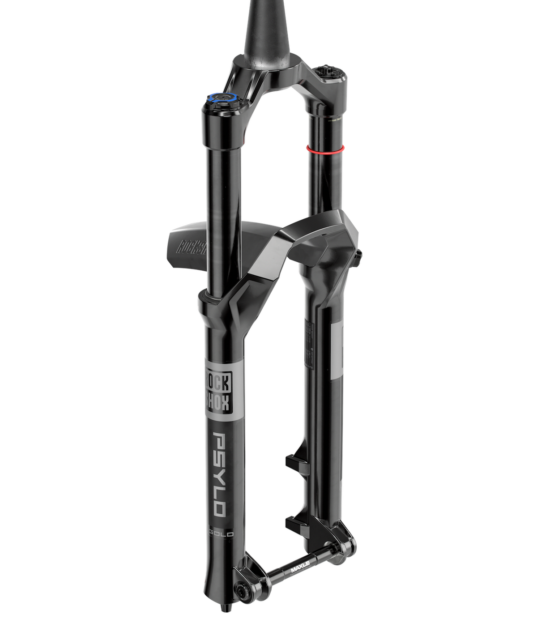
RockShox Domain
The RockShox Domain saw a major refresh in 2021, when it was re-released as a pared down version of the RockShox ZEB. With 38 mm stanchions, the Domain sits solidly in the Enduro and E-Bike camp. It weighs a fairly hefty 2,501 grams (5.51 lbs), placing the Domain on the heavier end of most options on the market, but it’s hard to argue with the $579 asking price.
Aside from its burlier chassis, the aftermarket Domain Gold RC gets the same feature highlights as the Psylo Gold RC in the form of the Isolator RC damper, updated DebonAir air spring, and Maxima Plush fluid.
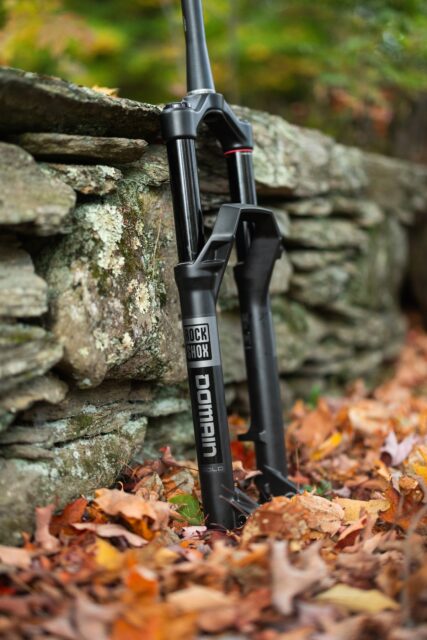
Interestingly, RockShox has elected to offer the Isolator RC damper as a separate upgrade kit for the OEM-only Domain Gold R. The upgrade kit includes the full damper-side assembly and costs a fairly reasonable $84 USD.
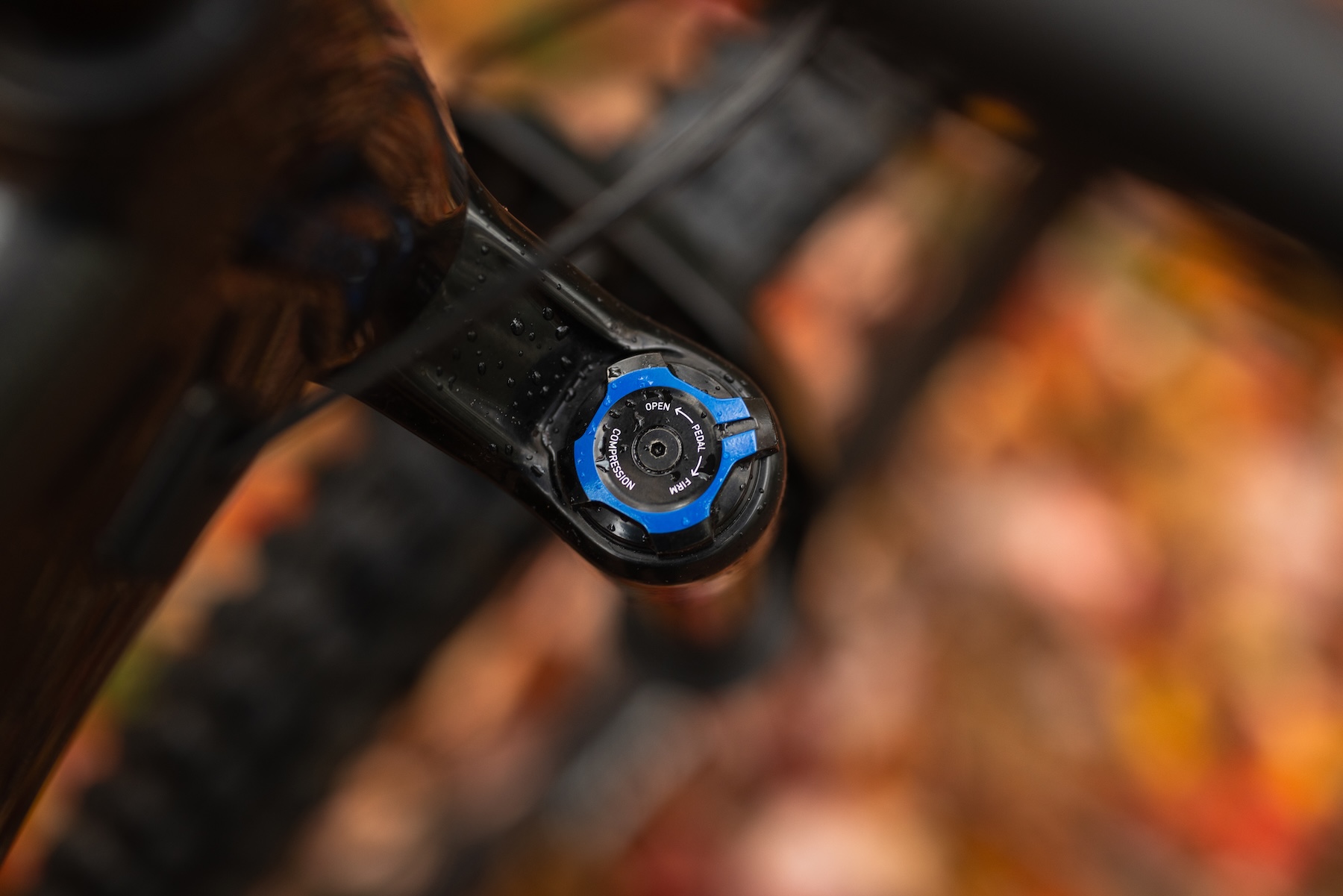
Some Questions / Things We’re Curious About
(1) Given RockShox’s efforts to infuse elements of the Charger 3 layout into the Isolator RC, just how close is the performance between the two?
(2) How do the three compression settings (Open, Pedal and Firm) balance against one another, and how practical are they for different scenarios out on the trail?
(3) How noticeable is the higher-than-average weight of the Psylo and Domain on the trail?
Bottom Line (For Now)
It’s great to RockShox bringing features of its well-received Charger 3 to a more wallet-friendly price point, and the Psylo and Domain both present a compelling value proposition for Trail, Enduro and E-Bike riders alike. Of course, we can only speculate about the performance until we get a chance to ride the new forks, so hopefully we can get some time on a Psylo or Domain soon.

Did you ever do a review of the Isolator Damper?